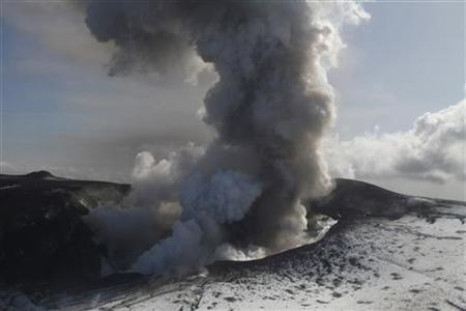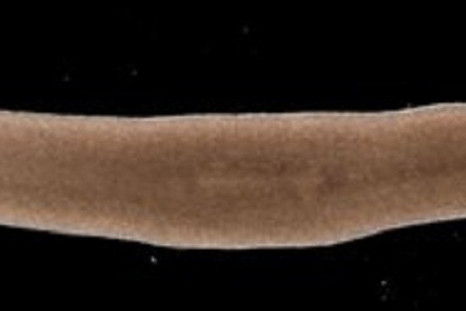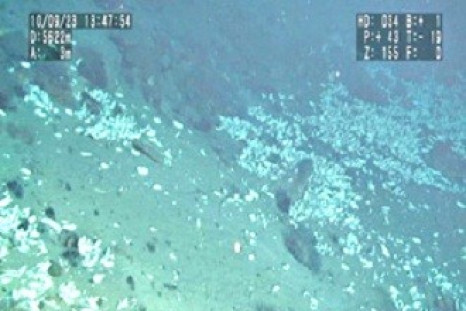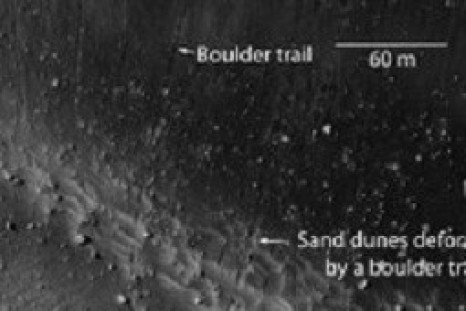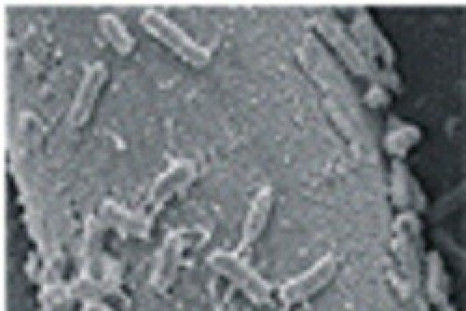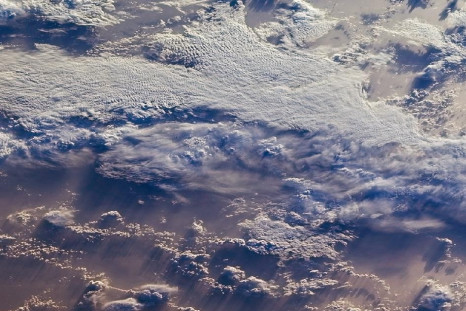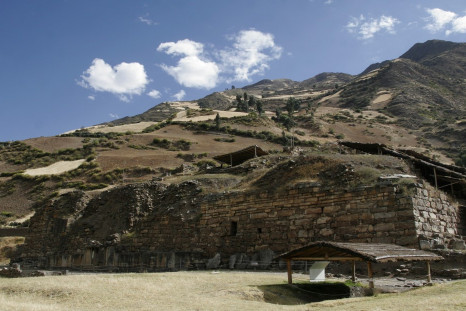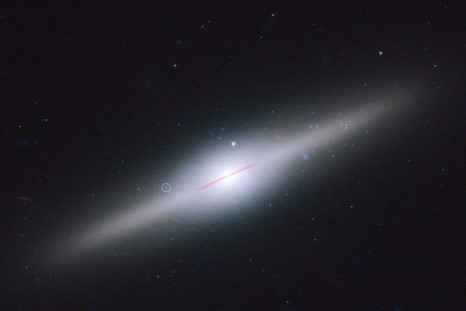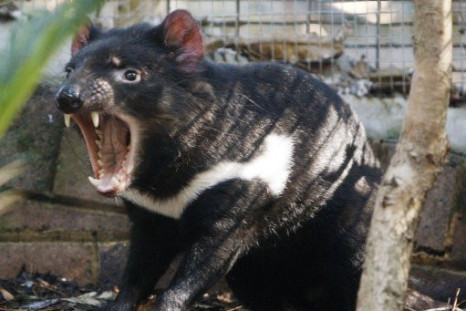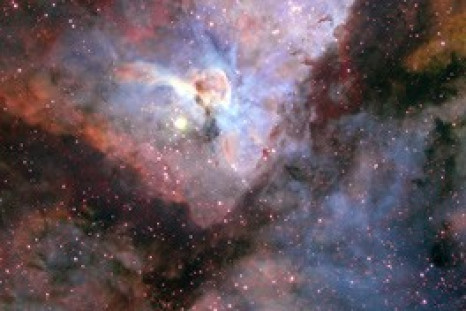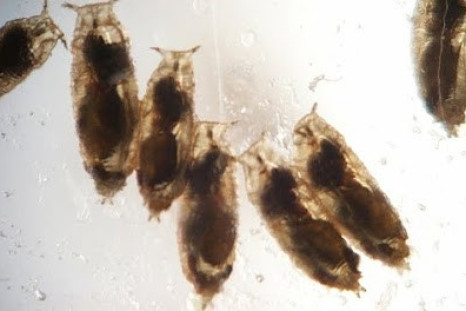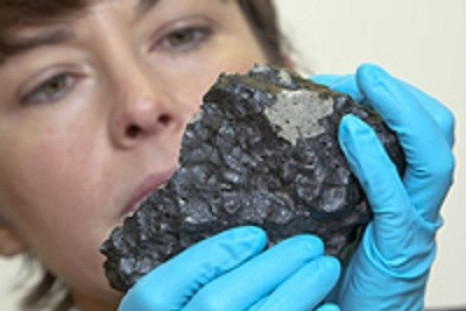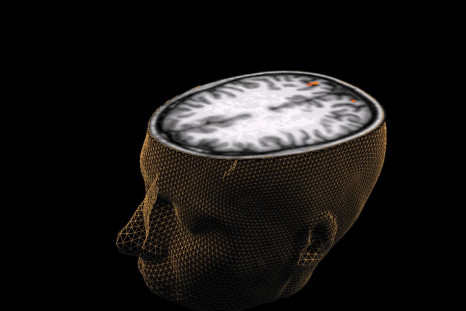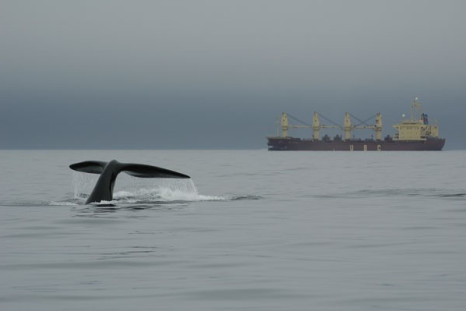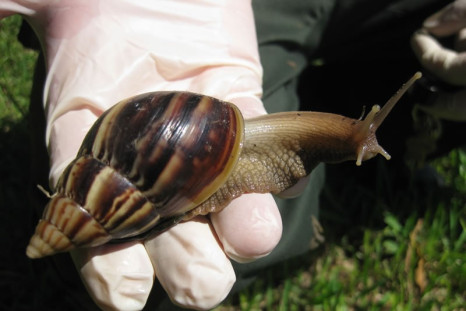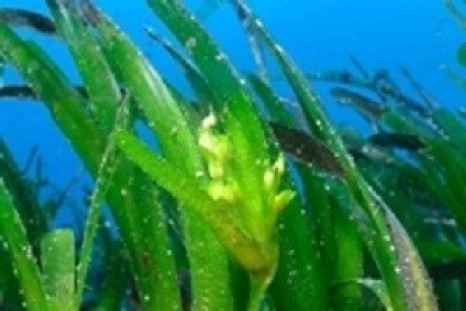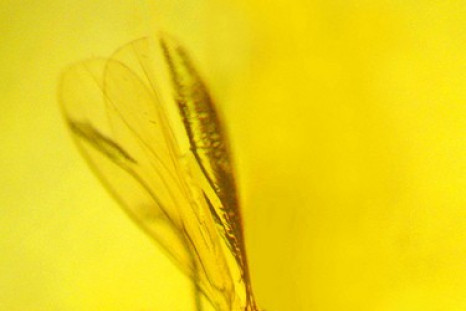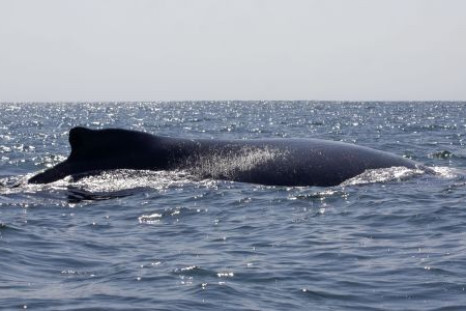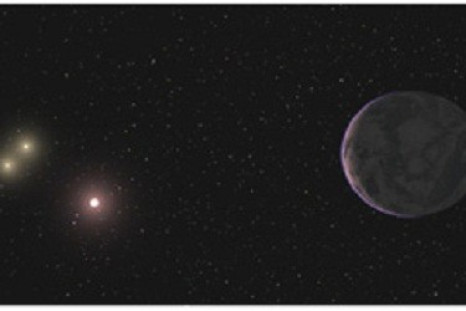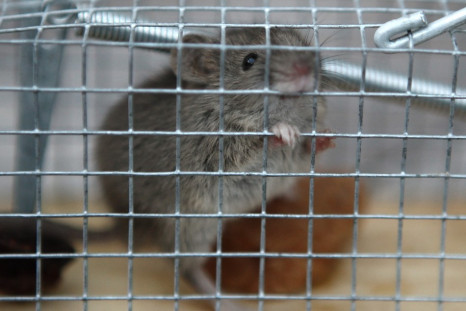Bad Breath Helps Stem Cells Turn to Liver Cells
A team of researchers from the Nippon Dental University in Japan have discovered that bad breath can help teeth stem cells to change to liver cells.
Feb 28, 2012
Climate Change Causes Volcanoes and Tsunamis
Bill McGuire, a professor of geophysical and climate hazards at the University College London, has discovered that climate change can lead to earthquakes, volcanoes and tsunamis.
Feb 28, 2012
Asexual Flatworms Hold Key to Immortality?
A team of researchers have discovered that the asexual flatworm overcomes the ageing process to be, potentially, immortal.
Feb 28, 2012
Researchers Discover Rare Life In Pacific Ocean
Life exists even at the deepest spot on earth, say researchers.
Feb 25, 2012
New Species of Moth Invades Vineyards in Italy
Researchers have discovered a new species of moth that has invaded vineyards across Northern Italy.
Feb 25, 2012
Marsquakes: Another Clue That Life Exists on Mars
Scientists have discovered earthquakes or marsquakes on Mars. They believe that marsquakes are an indication that Mars could have liquid water and where there is water, there is surely life.
Feb 25, 2012
Einstein’s Theory was Indeed Right
The European organisation for nuclear research, Cern, last year claimed that Albert Einstein's theory of relativity was wrong. Now they claim that the theory of relatively was indeed right.
Feb 24, 2012
Super Space Bugs Generate Electricity
Scientists from Newcastle University have discovered that space bugs - Bacillus stratosphericus and Bacillus altitudinis - bacteria normally found 30km above the earth have been identified as highly efficient generators of electricity.
Feb 24, 2012
Global Warming may be Held back by Falling Cloud Levels
Researchers say height of Earth's cloud cover has dropped by 1% in decade and could cool planet.
Feb 24, 2012
Canada: Vancouver Homes and Farms at Risk of Rising Sea Levels
Canadian coastal communities could be 4ft under water by end of century, British Columbia scientists warn.
Feb 20, 2012
Chavín de Huantar: The Ancient Peruvian Site was Built to Create Ceremonial Sounds
Researchers from the Stanford University in Palo Alto, California, have discovered that Chavín de Huantar, an archaeological site in this high valley of the Peruvian Andes, was built to create certain ceremonial sound effects.
Feb 19, 2012
Astronomers Discover Star Cluster That Is Surrounded By Black Hole
Nasa astronomers have discovered a cluster of young, blue stars encircling one of the first intermediate-mass black holes ever discovered.
Feb 19, 2012
Did Tasmanian Devil Cancer Originate from a Single Female?
Researchers from the Wellcome Trust Sanger Institute have discovered the root cause behind Tasmanian Devil cancer.
Feb 18, 2012
Earth All Set to Witness Spectacular Outburst from Eta Carinae, 170 Years After
Astronomers from the Space Telescope Science Institute are watching a delayed broadcast of a spectacular outburst from the unstable, behemoth double-star system, Eta Carinae which had occurred nearly 170 years ago.
Feb 18, 2012
Electric Cars More Harmful To Health Than Gasoline Cars: Study
Researchers from the University of Tennessee have discovered that electric cars in China have an overall impact on pollution that could be more harmful to health than gasoline vehicles.
Feb 18, 2012
Alcohol as Medicine? Learn from Fruit Flies [VIDEO]
Researchers from Emory University have discovered that fruit flies infected by parasites consume alcohol to self-medicate.
Feb 17, 2012
Martian Meteorite on Display [VIDEO]
Researchers from the Natural History Museum in London have discovered a huge Martian meteorite. The meteorite is now on temporary display in the Museum's vault gallery.
Feb 12, 2012
NASA Releases Stunning Video of Northern Lights [VIDEO]
Have you ever seen Northern Lights? Nasa has released a video of the Northern lights seen in the U.S. and in Canada.
Feb 11, 2012
Scientists Find Way to Boost Memory of Dementia, Alzheimer's Patients
Scientists from the University of California, Los Angeles, have discovered a technique to improve the memory of people suffering from dementia or early Alzheimer's disease disease.
Feb 11, 2012
Shipping Noise Stresses out Whales: Research
Experts based at the Duke University and the New England Aquarium in the U.S. found that noise generated by engines of large ships overlaps the frequency range that some whales use for communicating, thereby increasing their stress level.
Feb 10, 2012
Giant African Snails invade Florida [VIDEO]
Researchers from the Florida Department of Agriculture and Consumer Services have found that giant African snails have invaded Florida.
Feb 10, 2012
Otavia antiqua: World’s Oldest Animal Fossil Discovered
Scientists from the University of St Andrews in Scotland have discovered fossils of Otavia antiqua, the first animals that lived on Earth.
Feb 07, 2012
Astronomer Creates Wine from 4 Billion-Year-Old Meteorite
An astronomer from Britain has, apparently, created wine from a 4.5 billion year old meteorite!
Feb 05, 2012
NASA Recruiting: Over 6,000 People want to be Astronauts
American space agency NASA has confirmed the organisation has received over applications from mover 6,000 people eager to become astronauts. NASA is currently recruiting to train astronauts for its 2013 batch.
Feb 05, 2012
Seagrass is the Oldest Living Thing: Study
Scientists from the University of Western Australia have discovered that seagrass is the oldest living thing on the Earth.
Feb 05, 2012
Dracula's Brood: Scientists Discover Blood-Sucking Bat Fly Fossil
Researchers from Oregon State University (OSU) have discovered the fossil of a blood-sucking vampire bat fly in the Dominican Republic.
Feb 04, 2012
The Queen's Sweet Sixties
Sixty photographs portraying the Queen's 60's years as a ruler are displayed to celebrate her Diamond Jubilee. The Queen 60 Photographs will be held at Windsor Castle from February 4 to October 28.
Feb 04, 2012
Humpback Whale Plays Moby Dick: Caught in Fishing Line and Missing at Sea
A rescue team from the National Marine Fisheries Service (NMFS) in Seattle, U.S., is searching for a whale that found itself entangled with fishing lines, off the coast of Hawaii.
Feb 04, 2012
Super Earth That Could Support Life Found
Scientists from the University of California at Santa Cruz and the Carnegie Institution for Science in the U.S have discovered super-Earth that may have extraterrestrial life.
Feb 04, 2012
A Mouse Can Grow as Big as an Elephant: Study
Scientists from Monash University's School of Biological Sciences have discovered a mouse can actually grow to be as big as an elephant, after several million generations!
Feb 03, 2012
Pages
- PREV
- 2
- 3
- 4
- 5
- 6
- 7
- 8
- NEXT



